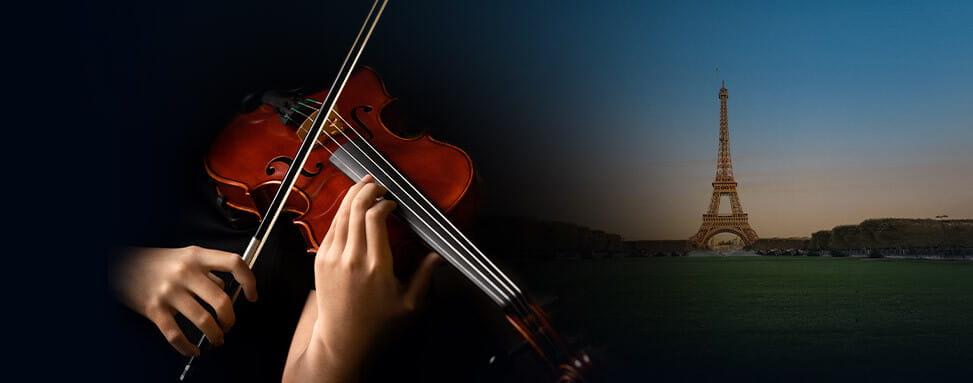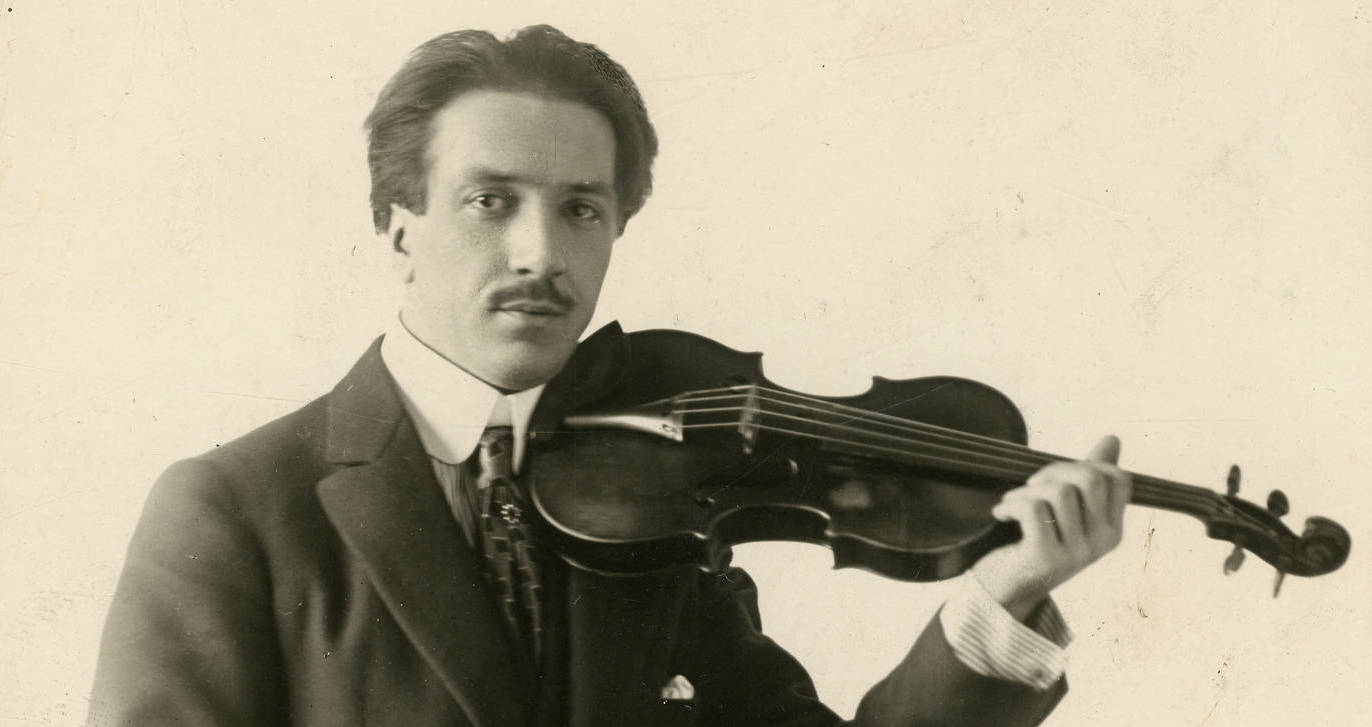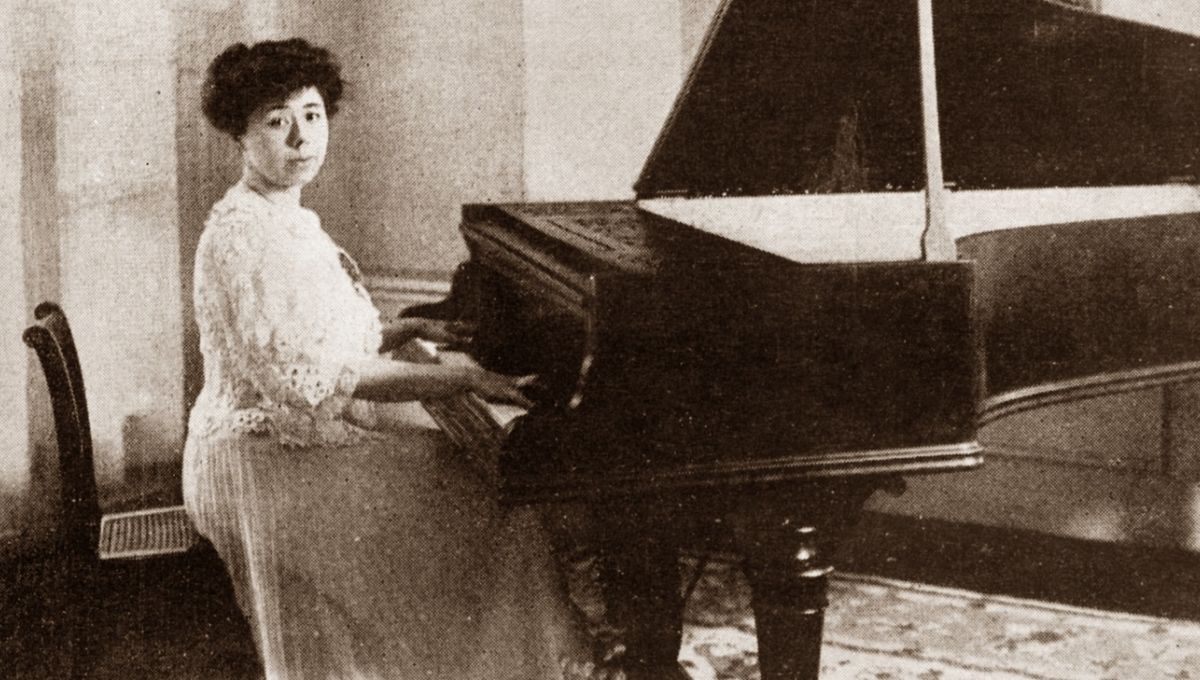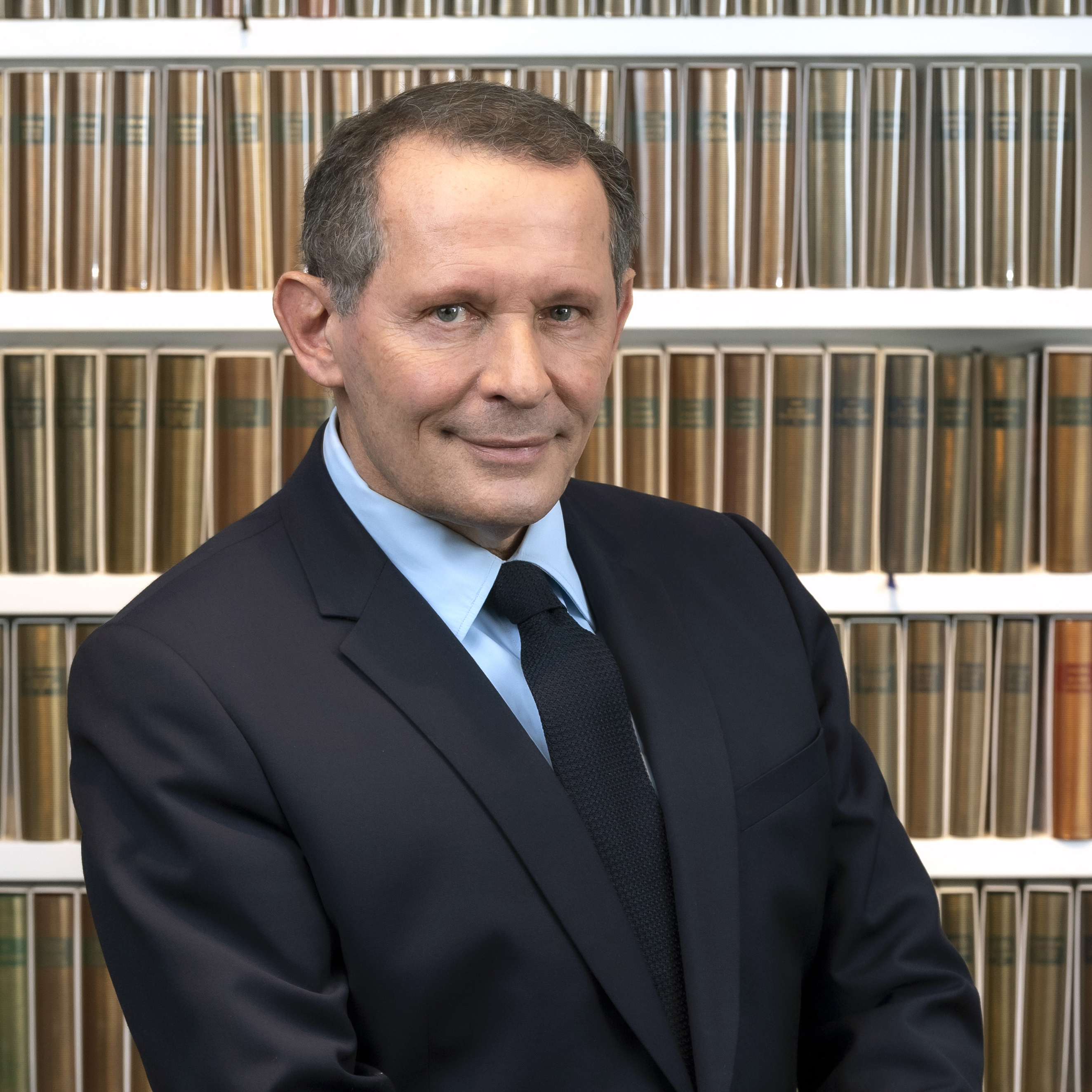When you came, you completely abandoned the point system that was in place at the Long-Thibaud.
There is a great deal of relativity in aesthetics. A very great relativity. And that´s why I heard there is often tension in jury deliberations. But for the last four years, we have not seen any such tension in Paris. We have done away with 0-20 points, with point averages or AB ratings. We have done away with discussions and arguments. I don´t want the jurors to speak out on candidates, to argue and create tension in the jury.
I simply ask them to give me names: ten names for the semi-final, five names for the final, one name for first prize. Myself, I don´t vote. So they give me the names, and I announce the result, it´s as simple as that. I believe this is much more respectful of the musicians and young artists.
You also introduced a completely new idea: having a meeting between jury and candidates before the competition.
The night before the qualifying round, I invited everyone to my house. My wife had prepared a big dinner. Everyone was there, eleven members of the jury (only Bruno Leonardo Gelber had to stay in Buenos Aires) and almost all the candidates. Two candidates couldn´t or didn´t want to come, which I completely respect.
The candidates were as surprised as they were happy to share this symbolic moment at this invitation. It was a new way of running a competition. Jury members chatting with the candidates, about their programs, their tempos, their ideas. I´ve always thought that it is through dialogue that you can improve, surpass yourself and give the best of yourself. Put yourself in the shoes of these youngsters arriving from Beijing, Taipei, Rome, Seoul, Los Angeles…they are nervous. They´ve flown thousands of miles. I think we have to bring them together because they all aspire to the same goals. We have to prepare them for a situation where there will be only one happy person and more than a hundred unhappy ones.
It´s a very important point in my philosophy: I wanted to ensure that there was a real dialogue between the two sides. I'd rather be side by side than face-to-face. Take an artist like Jean-Claude Casadesus, who is almost 90 but looks like 50 because he runs five kilometers every morning. It´s extraordinary to experience his personality, his charisma, to have him listen to you.
You offer a lot of opportunities for your winners after the competition.
We really need to give a boost to the young artist´s careers, with as many performances and festivals as possible. And we have some very prestigious opportunities, like the Theatre des Champs-Elysees, le Château de Versailles or July 14th, Bastille Day. And the first prize winner is lucky because these days, we won´t cut off his or her head if they hit a wrong note, because there is no longer a guillotine at Bastille! Instead, the winner will be playing in front of millions of listeners!
In 2020, you had to cancel the voice category because of covid-19. Now, it´s gone from the Foundation´s new logo. Will it come back?
It´s a legal problem- legally we don´t have the right to hold a voice competition. As a charitable foundation, we have certain bylaws, and we have several administrators involved in the competition: the Ministry of Foreign Affairs, the Ministry of the Interior which has to validate any modification to the statutes, the Ministry of Culture, and the City of Paris. That´s a lot of people, and all of them have different ideas. Everyone wants to put the stamp of their authority on any decision, and so, for the time being, the bylaws don´t allow me to hold a voice competition, but I am still hopeful for the near future. The human voice is my passion. Besides, a violinist, a pianist or any other instrumentalist who plays must have a heart that speaks...
But it might come back?
Give me a few years, and we might be able to amend our articles of association. Our Council of State has to approve the modification. I'm confident. Art always wins out over the law. Especially when we are lucky enough to have a President of the Republic, Emmanuel Macron, who is so keen on music; he even has a Conservatory prize; he prefaced the programme of the Long-Thibaud Competition for both piano and violin. Admittedly, he couldn't make it to the final of the Long-Thibaud... but we still hope that one day we'll play Poulenc's double concerto together!
You handle most of the competition work by yourself, without a General Director. How do you manage?
We have an administrative assistant, who does great and important work. I have the support of Marc Laforet, the immense pianist and of a press team. I am personnally an expert in logistics but above all a friend to the artists. I love detail. I check everything…Detail is to life what solfege is to music. Mathematics is a big part of my professional life, and it is very useful for any organization. Flexible rules, a solid organisation, sensitivity that stops at the doorstep of reason - we are at the service of the candidates. As Goethe wrote in a report in 1793: “Better to commit an injustice than to countenance disorder”. In other words, disorder engenders more injustice than it eradicates.
I have the responsibility of a perfect organization in the service of a soul devoted to music and artists. Basically, an event like the Long-Thibaud is not a competition between rivals at a given moment. It is a human experience that will continue well beyond the proclamation of the results, because its ambition is to give birth to the career and development of artists who will enliven musical life throughout the century. We are making our modest contribution to this great mission.
Finally, I mentioned earlier Alfred Brendel, who did not win our competition in 1949. I wonder whether it wouldn't be a nice gesture to invite him to sit on the Jury for the next Competition in March 2025. 75 years later, I'm sure he wouldn't be upset about returning to the Long-Thibaud…
©WFIMC 2024/FR
Photos: Jacques Thibaud © J. Willis Sayre Collection of Theatrical Photographs; Marguerite Long ©pianist guide J. Renouf; Gérard Bekerman ©Fondation Long Thibaud







